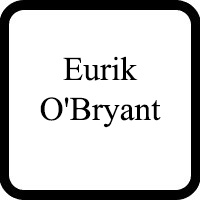 Farmington Bankruptcy & Debt Lawyers, California
Farmington Bankruptcy & Debt Lawyers, California
Sponsored Law Firm
-
 x
x

Click For More Info:
-
Gale, Angelo, Johnson & Pruett, P.C.
1430 Blue Oaks Blvd Suite 250 Roseville, CA 95747» view mapBankruptcy & Debt Law Results Driven Representation
Our mission is to give your real results in multiple practice areas including family law, bankruptcy, and consumer litigation.
800-988-9181
Sponsored Lawyers
1-10 of 33 matches
Business, Bankruptcy, Trademark, Contract, Wills & Probate
Simran Sekhon is a practicing lawyer in the state of California.
(more)Bankruptcy & Debt, Wills & Probate, Intellectual Property, Landlord-Tenant
Eurik is a shareholder at Sekhon & O’Bryant specializing in the practice of contested trust and estate matters, probate administration, commercial litigation, real property disputes, and general civil litigation. Eurik is an experienced and skilled litigator with extensive trial practice.
(more)


 Lauren Pruett Roseville, CA
Lauren Pruett Roseville, CA AboutGale, Angelo, Johnson & Pruett, P.C.
AboutGale, Angelo, Johnson & Pruett, P.C. Practice AreasExpertise
Practice AreasExpertise


